Being Careful in Public
Lessons from Brian Doyle's "Memorial Day"
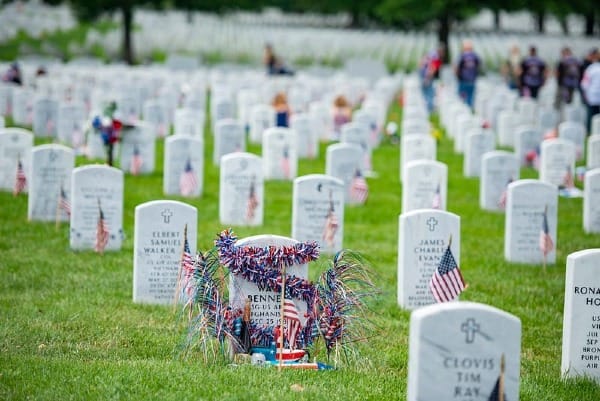
About five years ago, I encountered an essay—"Memorial Day" by Brian Doyle (1956-2017)—and I've shared it every year since. It's one of those essays that sticks with you. Doyle first published it in 2016 in The Sun Magazine. I read it in his collection called One Long River of Song: Notes on Wonder (2019), a collection that came out not long after he died from brain cancer.
Doyle was an exquisite and prolific writer. He produced novels but mastered the art of writing short. His best work may have been short pieces he called "proems," a blend of prose and poetry that sang truth in compact forms. To know Doyle's work is to love it. If you don't know Doyle, "Memorial Day" may be a good entry point, not only for its writing but for its moral clarity.

In the essay, Doyle takes us to a Memorial Day parade from his childhood. His dad is a World War II veteran of the Pacific Theater but refuses to put on the uniform and march in the parade. Doyle and his brother are excited about the parade, the animals they will see, the people marching, and the fire trucks.
Doyle captures this excitement and creates the scene well enough you can feel the warm sidewalk pavement beneath your feet.
Despite rendering his childhood eagerness perfectly, the heart of the essay is Doyle's father and his refusal to put on the uniform and march. The veneration of the so-called Greatest Generation and the persistent patriotic honoring of fallen soldiers and sailors makes this reticence seem unusual, raising questions about Doyle's father and, perhaps, Memorial Day itself.
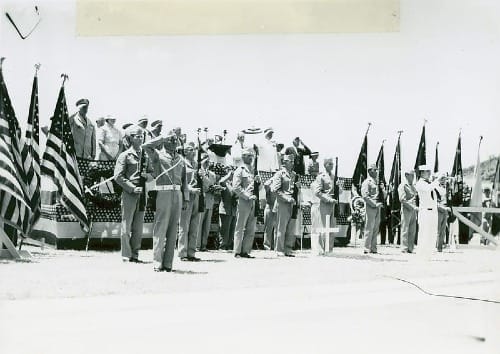
Originally called Decoration Day, the holiday started immediately after the Civil War as a way to commemorate (and decorate) the graves of those killed in war. The first one appears to have been organized by newly freedpeople reburying Union prisoners who had died in a South Carolina Confederate prison.
The first official one happened in 1868 to honor the Union dead before expanding to include all war dead after World War I. Federal law established it in 1971. Although it informally marks the beginning of summer with a three-day weekend full of revelry, Memorial Day truly is a somber occasion, something Doyle's father understood.
Doyle recounts the wisdom his father imparted with a series of sentences that begin with "He says."
- "He says we should be wary of men marching in uniforms."
- "He says he wore it only because the job had to be done, and now that the war is over, there is no reason to have a uniform."
- "He says no one has more respect for members of the armed forces than he does, but that it would be a better world if no one ever had to take up arms, and that is a fact."
- "He says war is a virus, and imagination is the cure."
I like Doyle's father; he seems full of wisdom and a knowing humility.
At the parade, soldiers and sailors pass through the crowds, some of whom salute respectfully. But Doyle's father does not, although he is attentive, focused. He watches those men walking the streets in their uniforms. While he stares meaningfully at these former soldiers with their memories clouded by war, Doyle's father holds a baby and handles two rambunctious boys excited by the parade.
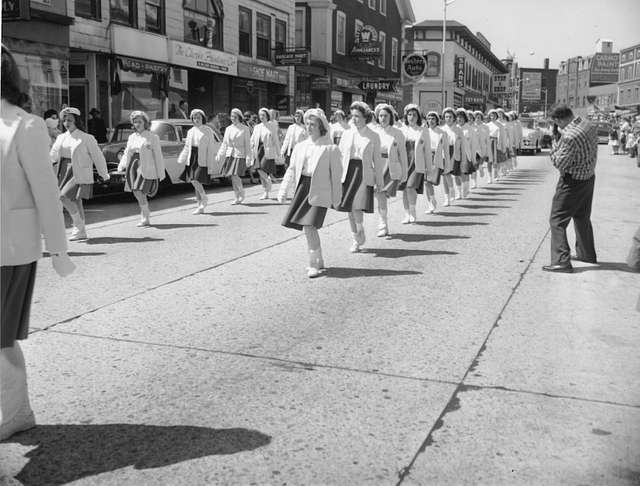
Doyle tells us that the only time his father hands the baby to someone else so he can applaud is when the firefighters drive by in their truck. Following them are many community groups like the scouts, Little League, and the Rotary Club. After the parade finishes, the family walks home.
Doyle's father's choices about Memorial Day reveal his character and the time when it occurred, an age different from our own. The memory of World War II remained fresh, when national sacrifice—indeed global sacrifice and cooperation—was demanded to stop unimaginable evil.
But to Doyle's father, that task of war was not a heroic adventure but something more grounded, something matter-of-fact, something regrettable. Veterans of war, says Doyle's father, understand its cruelty, foolishness, sinfulness. War is not natural, he says, and anyone who thinks so suffers from a stunted imagination.
Many people today perform soldierly bravery with bellicose bravado. That makes me uncomfortable. It would have discomfited Doyle's father, too. Utterances of "lethality" and "warfighting" coming from the Secretary of Defense demonstrate just how stunted an imagination some have today.
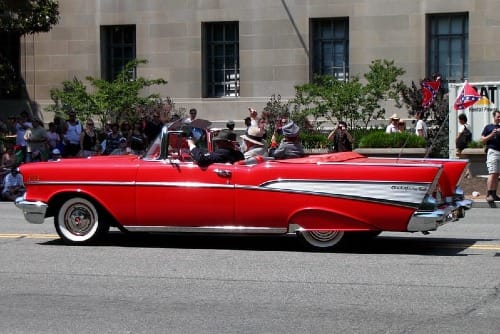
Memorial Day asks us to honor those who fought in wars and died. It demands of us quiet reflection about the terrible nature of violence. It is not a celebration of any "warrior ethos." Doyle's father paused at the parade to recognize people in the community who protect heart and home as if to say, "War's a terrible, temporary aberration; community constitutes what's best and worth cultivating."
Doyle recollected two other gems of wisdom from his father from that long-ago Memorial Day that can guide us today:
He says uniforms can easily confer false authority, and encourage hollow bravado, and augment unfortunate inclinations, and exacerbate violent predilections.
He says uniforms are public pronouncements, like parades, and we should be careful what we say in public.
We should be careful about what we say in public and ought to confront what is done in our name.

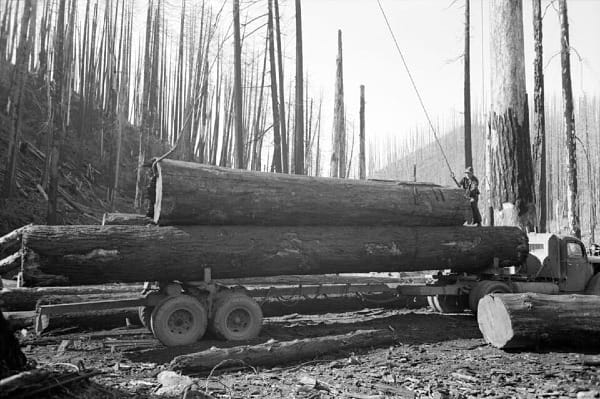
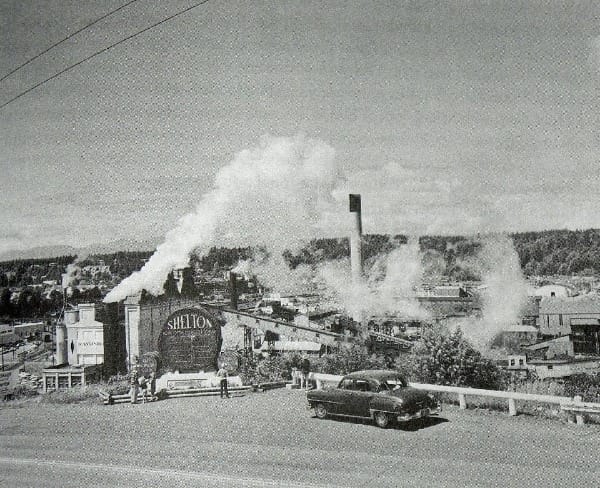
Comments ()